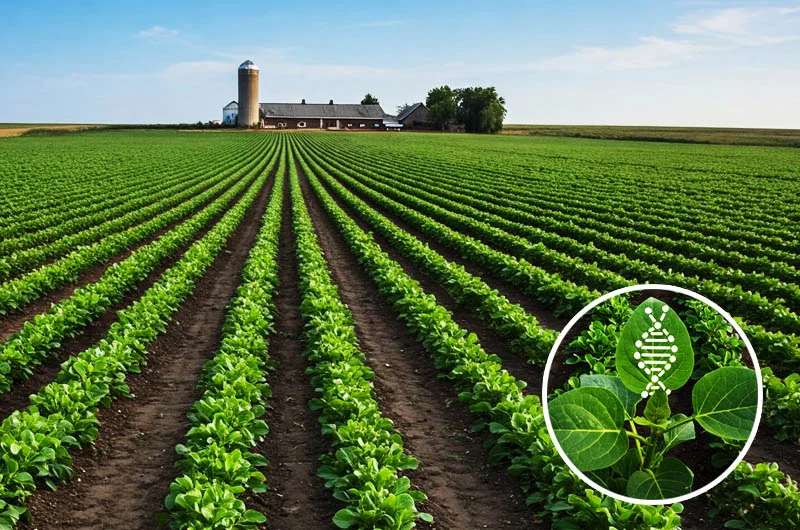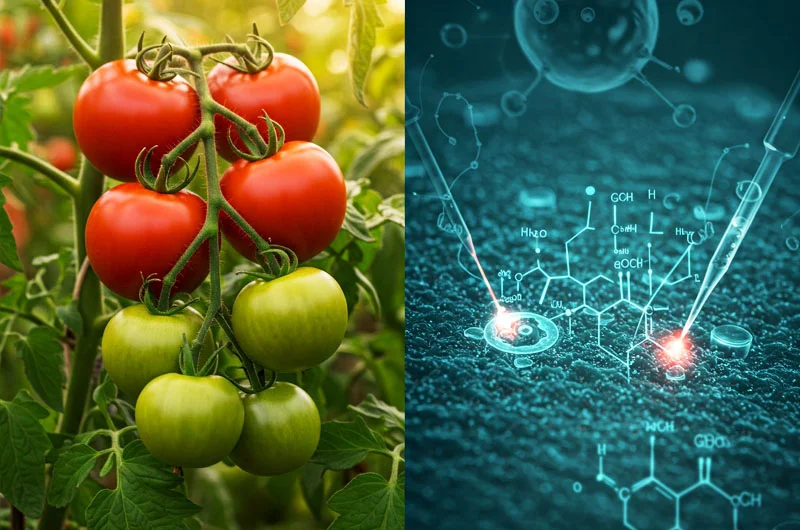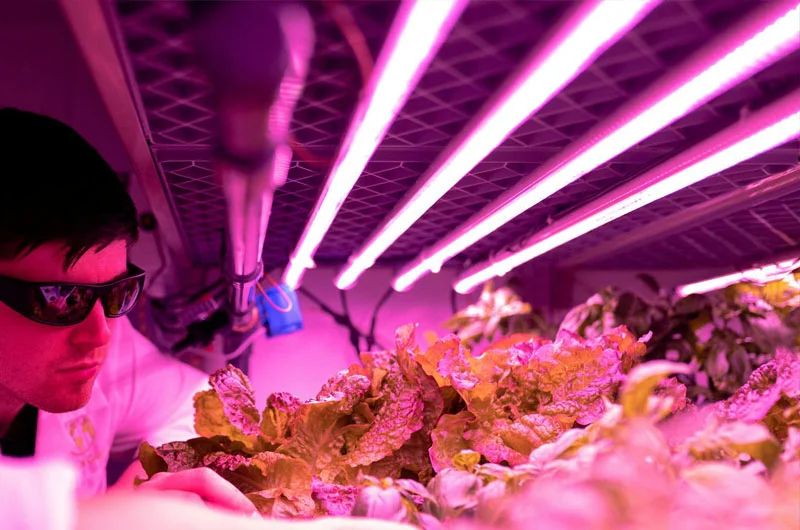Genetic Engineering and Agriculture: What You Need to Know
In an era where global food security faces unprecedented challenges, innovative solutions are crucial. One such groundbreaking approach is genetic engineering in agriculture. This powerful technology is transforming how we grow our food, offering the potential to enhance yields, improve nutritional value, and reduce our environmental footprint. But what exactly is it, and what are its implications? Let’s delve into the world of genetic engineering and its impact on our farms and tables.

What is Genetic Engineering in Agriculture?
At its core, genetic engineering in agriculture involves directly manipulating the DNA of plants and animals to introduce desirable traits. Unlike traditional breeding methods that can take generations, genetic engineering allows for precise and targeted modifications. This can involve inserting genes from other organisms (creating Genetically Modified Organisms or GMOs) or editing existing genes within the organism itself.

Key Applications of Genetic Engineering in Agriculture:
Genetic engineering is being applied across a wide spectrum of agricultural practices, leading to significant advancements:
- Enhanced Crop Yields: One of the primary goals is to develop crops that are more resistant to pests, diseases, and harsh environmental conditions like drought and salinity. This can dramatically increase the amount of food produced per unit of land.
- Improved Nutritional Value: Genetic engineering can be used to enhance the nutritional content of crops. A prime example is “Golden Rice,” engineered to produce beta-carotene, a precursor to Vitamin A, aimed at combating vitamin deficiencies in developing countries.
- Reduced Pesticide and Herbicide Use: By creating crops that are naturally resistant to certain pests or tolerant to specific herbicides, farmers can significantly reduce their reliance on chemical treatments, benefiting both the environment and human health.
- Extended Shelf Life: Genetic engineering can help extend the shelf life of fruits and vegetables, reducing food waste during transportation and storage.
- Development of Specialty Products: Scientists are also exploring the use of genetically engineered plants to produce pharmaceuticals and other valuable industrial compounds.
- Climate Change Adaptation: As the climate changes, genetic engineering offers the potential to develop crops that can better withstand extreme weather events.

The Benefits of Genetic Engineering in Agriculture:
The adoption of genetic engineering in agriculture offers a multitude of potential benefits:
- Increased Food Security: By boosting crop yields and resilience, genetic engineering can contribute significantly to feeding a growing global population.
- Enhanced Efficiency: Reduced reliance on pesticides and herbicides can lower farming costs and labor.
- Environmental Sustainability: Lower chemical usage translates to a reduced environmental impact on soil, water, and biodiversity.
- Improved Human Health: Nutritionally enhanced crops can help combat malnutrition, and reduced pesticide exposure is beneficial for human health.
Addressing the Concerns and Risks:
While the potential benefits are substantial, it’s crucial to acknowledge the concerns and potential risks associated with genetic engineering in agriculture:
- Impact on Biodiversity: There are concerns about the potential for genetically modified crops to cross-pollinate with wild relatives, potentially impacting biodiversity.
- Development of Resistance: Just as pests can develop resistance to traditional pesticides, there’s a risk that they could also evolve resistance to genetically engineered traits.
- Potential Health Effects: While extensive research has generally concluded that currently approved GMOs are safe for consumption, ongoing research and monitoring are essential to address any long-term health concerns.
- Ethical Considerations: Questions surrounding the ownership of genetic information and the potential for unintended consequences also need careful consideration.
The Current Landscape of Genetic Engineering in Agriculture:
Genetic engineering has already made a significant impact on global agriculture, with widespread adoption of crops like corn, soybeans, cotton, and canola that have been genetically modified for pest resistance or herbicide tolerance. Ongoing research and development are continuously expanding the applications of this technology, with new gene-editing techniques like CRISPR offering even more precise and efficient ways to modify plant and animal genomes.

A Powerful Tool with Great Responsibility
Genetic engineering in agriculture holds immense promise for addressing some of the most pressing challenges in food production. Its ability to enhance yields, improve nutrition, and reduce environmental impact makes it a powerful tool in our quest for a sustainable and secure food future. However, it’s imperative that we proceed with caution, ensuring rigorous scientific evaluation, transparent regulatory frameworks, and open public dialogue to harness the benefits of this technology responsibly and ethically.

